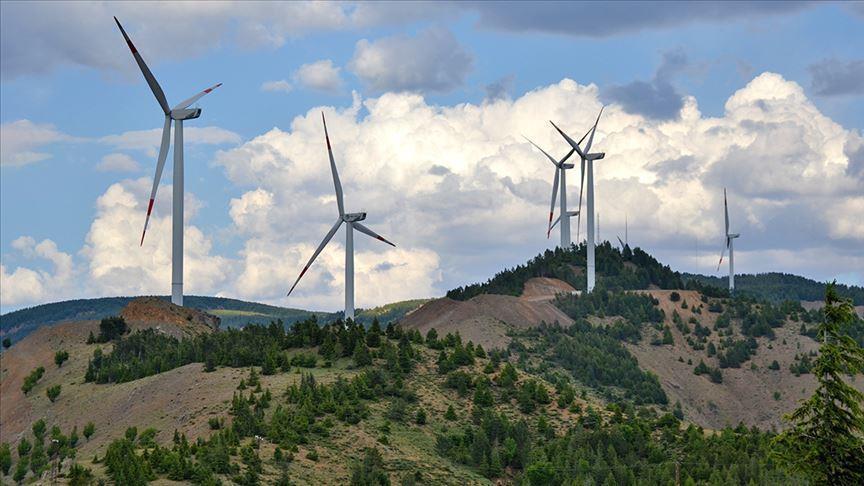Renewable power generated triple the returns of fossil fuels over the last decade, signaling a decline in fossil fuel investments, revealed a new joint report from the Centre for Climate Finance and Investment at Imperial College Business School and the International Energy Agency (IEA) on Thursday.
The report, which examined the performance of publicly-traded renewable and fossil fuel companies in global markets, advanced economies, emerging markets and developing economies, and China categories, tracked 208 renewable equipment and power companies and rated China as having the highest number of companies.
The report found that not only did renewable energy portfolios prove resilient during the pandemic when energy demand declined by around 5% with the falls concentrated on more carbon-intensive fuels, but renewable power surpassed fossil fuels.
According to Charles Donovan, executive director of the Centre for Climate Finance and Investment at Imperial College Business School, research undertaken shows that renewable power has outperformed fossil fuels throughout the world.
"It has been the same story for more than a decade, yet total investment is still lagging. National regulators, particularly in the US, must get to work on the reforms needed to level the playing field for clean energy investors," Donovan warned.
According to the report, the average market capitalization for the constituents in the global fossil fuel portfolio is over $9 billion, twice greater than the average in the global renewable power portfolio worth around $4.5 billion.
However, the profitability of fossil fuel companies dropped by half for returns on total assets, while the performance of renewable companies improved threefold, the report found.
The share of renewable power out of global energy investments has risen to almost one-fifth, according to the study, reflecting the resilient expectations for continued deployment during the crisis last year.
-Sustainability goals require over $600 billion investment annually
Tim Gould, head of division for Energy Supply Outlooks and Investment at the IEA, said the report demonstrates the financial benefits from investing in clean energy transitions, which is an important step towards mobilizing higher levels of investment from the capital markets.
However, he said: “much more still needs to be done to link sources of sustainable finance with the areas of greatest need especially in emerging markets and developing economies.��
In the IEA's Sustainable Development Scenario, low-carbon sources account for almost two-thirds of total electricity generation globally by 2030.
"Meeting sustainability goals points to the current level of investments for renewable power doubling to over $600 billion a year by 2030, with two-thirds of this from solar and wind, whose combined share in global generation rises to almost 30%," the report said, adding that this scale-up will need to be accompanied by a range of clean energy technologies, energy efficiency and infrastructures.
The report concluded that governments, companies and the financial community have roles to play in setting conditions, developing projects, and providing the capital needed to address the investment challenge in clean energy.
By Nuran Erkul Kaya
Anadolu Agency


